September 15, 2022
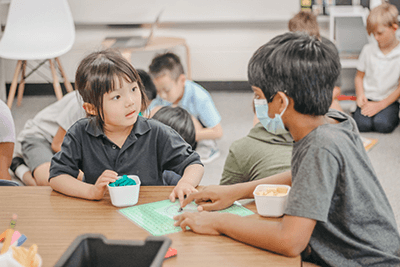 from Bill Hudson, head of school
from Bill Hudson, head of school
“We’re blending the entire history of the American modern property market with climate modeling,” says Parag Khanna, founder and CEO of Climate Alpha. Data on the impact of climate change on specific regions or locales is readily available, but Khanna went deeper, asking “how are cities adapting and investing in infrastructure to protect against climate impacts? Where are jobs growing? Where are people moving now, despite extreme heat or wildfires or sea level rise?” Her innovative app uses machine learning and proprietary algorithms to look at hundreds of variables so that investors, individuals, companies, and government can make informed decisions to plan for the future.
Climate Alpha is an excellent example of the shift from the Information Age to what author and futurist Daniel Pink calls the Conceptual Age. While the Information Age was all about big data, the Conceptual Age is concerned with how to use information in new and novel ways that make the world a better place. I think a lot about what this shift means for our students. What it meant to live, learn, and thrive 25 years ago is much different than what it means today and even more different than what it will mean 25 years from now.
The first priority of 2024ward, our new strategic plan, challenges us to “Empower students to live, learn, and thrive in our increasingly complex and globalized society.” We will do this by creating customized pathways of learning for students through curricular innovation and leveraging advances in educational technology.” In addition to maximizing the use and integration of technology, MPA has been on a multi-year journey to build upon our school’s strengths in hands-on, experiential, project-based learning. Read More
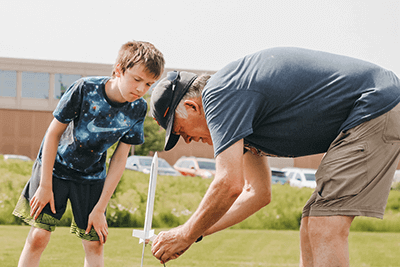 from Dr. Bill Hudson, head of school
from Dr. Bill Hudson, head of school from Dr. Bill Hudson, Head of School
from Dr. Bill Hudson, Head of School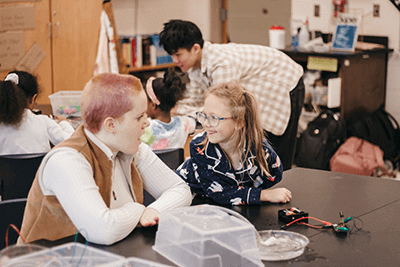 from Dr. Bill Hudson, Head of School
from Dr. Bill Hudson, Head of School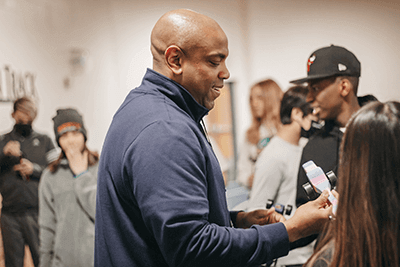 from Lamar Shingles, Director of Equity and Belonging
from Lamar Shingles, Director of Equity and Belonging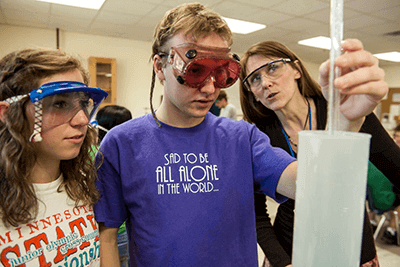 from Bill Hudson, Head of School
from Bill Hudson, Head of School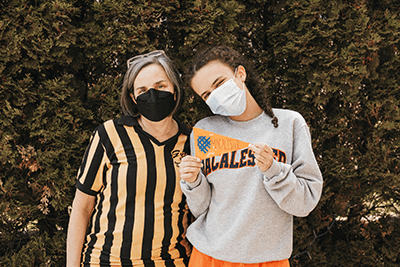 from Dr. Bill Hudson, Head of School
from Dr. Bill Hudson, Head of School from Dr. Bill Hudson, Head of School
from Dr. Bill Hudson, Head of School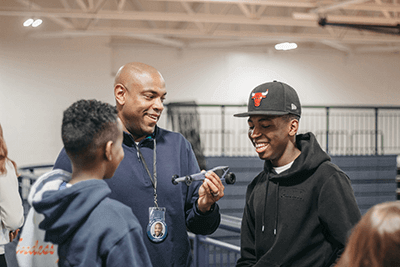 from Dr. Bill Hudson, Head of School
from Dr. Bill Hudson, Head of School